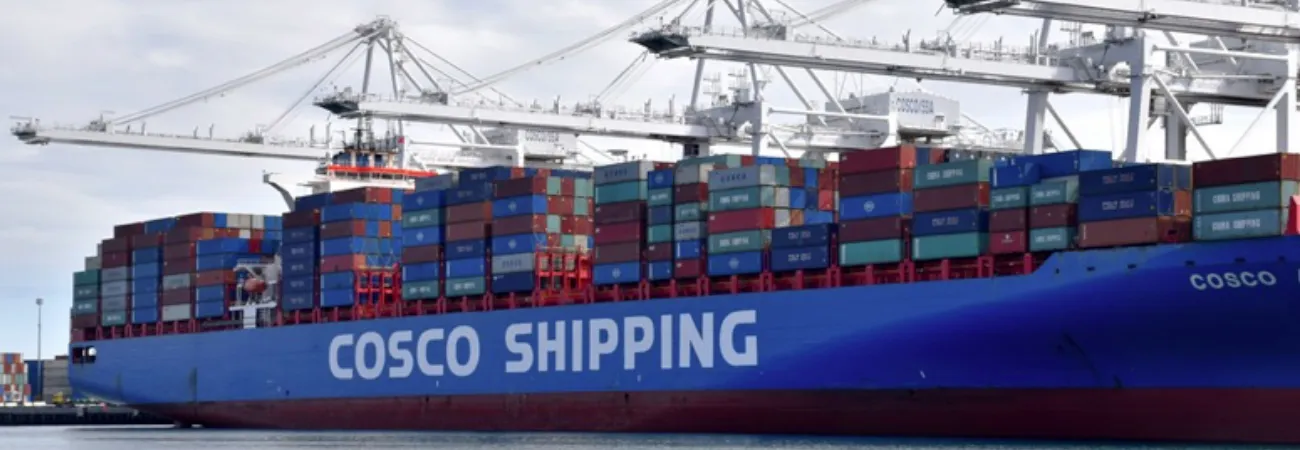XINHUA-PAKISTAN SERVICE
MANILA, Aug. 24 (Xinhua) -- The COVID-19 pandemic has set back the fight against poverty in Asia and the Pacific by at least two years, and many in the region will likely find it harder than before to escape poverty, according to an Asian Development Bank (ADB) report released on Wednesday.
The Key Indicators for Asia and the Pacific 2022 said the region's economic growth this year is expected to reduce extreme poverty, defined as living off less than 1.90 U.S. dollars a day, to a level that would have been achieved in 2020 had the pandemic not happened.
The report said the pandemic interrupted a long trend of poverty reduction in Asia and the Pacific, "mainly driven by significant job losses and limited access to social safety nets."
The ADB has warned that the region has posted a marked slowdown in achieving many of its Sustainable Development Goals, meaning unavoidable delays in reaching targets for reducing poverty and social inequality and improving social mobility.
"The recovery process may not be linear for many economies of Asia and the Pacific," the report said, adding that the pandemic may have worsened poverty beyond income, such as food insecurity and inadequate access to health services and education.
"The poor and the vulnerable have been hit hardest by COVID-19, and while economies are recovering, many people may find that getting out of poverty is even more difficult than before," ADB Chief Economist Albert Park said.
By 2030, the prevalence of extreme poverty in the region is expected to drop below 1 percent. At the same time, about 25 percent of the population is projected to achieve at least middle-class status.
However, the report said this outlook is threatened by differences in social mobility and other uncertainties, such as the potential for stagflation, ongoing conflicts involving key global actors, increased food insecurity and energy price shocks. Enditem





